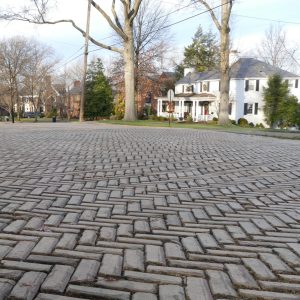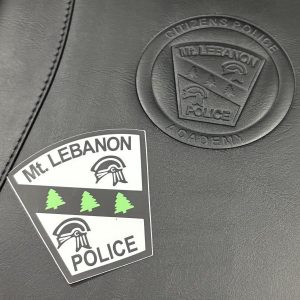have a heart
My name is Todd Pritchard and I am the Chief of Medical Rescue Team South (MRTSA), the emergency medical service for Mt Lebanon and several other communities in the South Hills. Annually, MRTSA responds to more than 9,000 requests for assistance with close to half of those occurring in Mt Lebanon. MRTSA has a staff of 45 full-time and part-time paramedics and emergency medical technicians and operates from stations in Mt Lebanon, Green Tree and Whitehall. When I was approached about writing this blog I thought it would be an excellent opportunity to inform you about emergency medical services or healthcare situations we commonly respond to. In my first installment I will discuss a serious situation we commonly respond to: heart attacks.
In 2013, MRTSA responded to 514 cardiac emergencies. That category includes individuals experiencing chest pain or other symptoms indicating the possibility of a heart attack. According to the American Heart Association, someone in the United States will have a myocardial infarction, more commonly known as heart attack, about every 34 seconds.
What is a heart attack? A heart attack happens when the blood flow to the heart muscle is cut off or significantly reduced. The process begins when the coronary arteries providing the blood supply to the heart muscle become narrowed with a buildup of fat and cholesterol known as plaque. If the plaque in the coronary artery breaks off, a blood clot can form and block the blood flow through the artery. When the heart muscle fails to receive the oxygen it needs due to the blocked artery, damage or death of part of the heart muscle will occur.
Recognizing a possible heart attack is extremely important. There is a saying that “time is muscle.” Quite simply, the faster a heart attack is identified and treated, the greater the chance that the damage to the heart muscle can be minimized. Common warning signs include pain, pressure, squeezing, or a fullness sensation in the center of the chest. The pain or sensation may come and go. Our paramedics often hear the comment: “It feels like someone is sitting on my chest.” A person may also experience pain or discomfort in one or both arms, the back, neck, jaw or stomach. The discomfort may feel similar to indigestion. The patient may also have shortness of breath, nausea and sweating. It is very important not to ignore these warming signs and it is highly recommended to call 911 so the local emergency medical service can respond and begin treatment.
In Mt Lebanon, the paramedics from MRTSA will generally arrive in four to six minutes after the call is dispatched. Our goal is to attempt to identify if the patient is having a myocardial infarction, treat their symptoms and pain, decrease their stress and exertion, and move them to the hospital as quickly and safely as possible. When our paramedics arrive they will perform an electrocardiogram as soon as possible. If there is evidence of a myocardial infarction on the ECG it will be transmitted to the hospital to allow the hospital staff to begin making preparations for the patient’s arrival in order to expedite treatment. The goal is to open the blockage in the coronary artery in less than 90 minutes so our paramedics will move as quickly as possible. In addition to the ECG, the paramedics may treat the patient with oxygen, aspirin, nitroglycerine or other medications as the situation dictates. Upon arrival at the hospital, our paramedics will advise the hospital staff of any treatments already provided so the continuation of care will be a s seamless as possible.
In closing, do not ignore the warning signs or deny that heart attack can be occurring. Time is of the essence. I encourage you to visit the American Heart Association’s website at www.heart.org to learn more. I also encourage everyone to learn CPR. Classes are available monthly and you can register online at www.MRTSA.com or call 412-343-5111 for more information.





